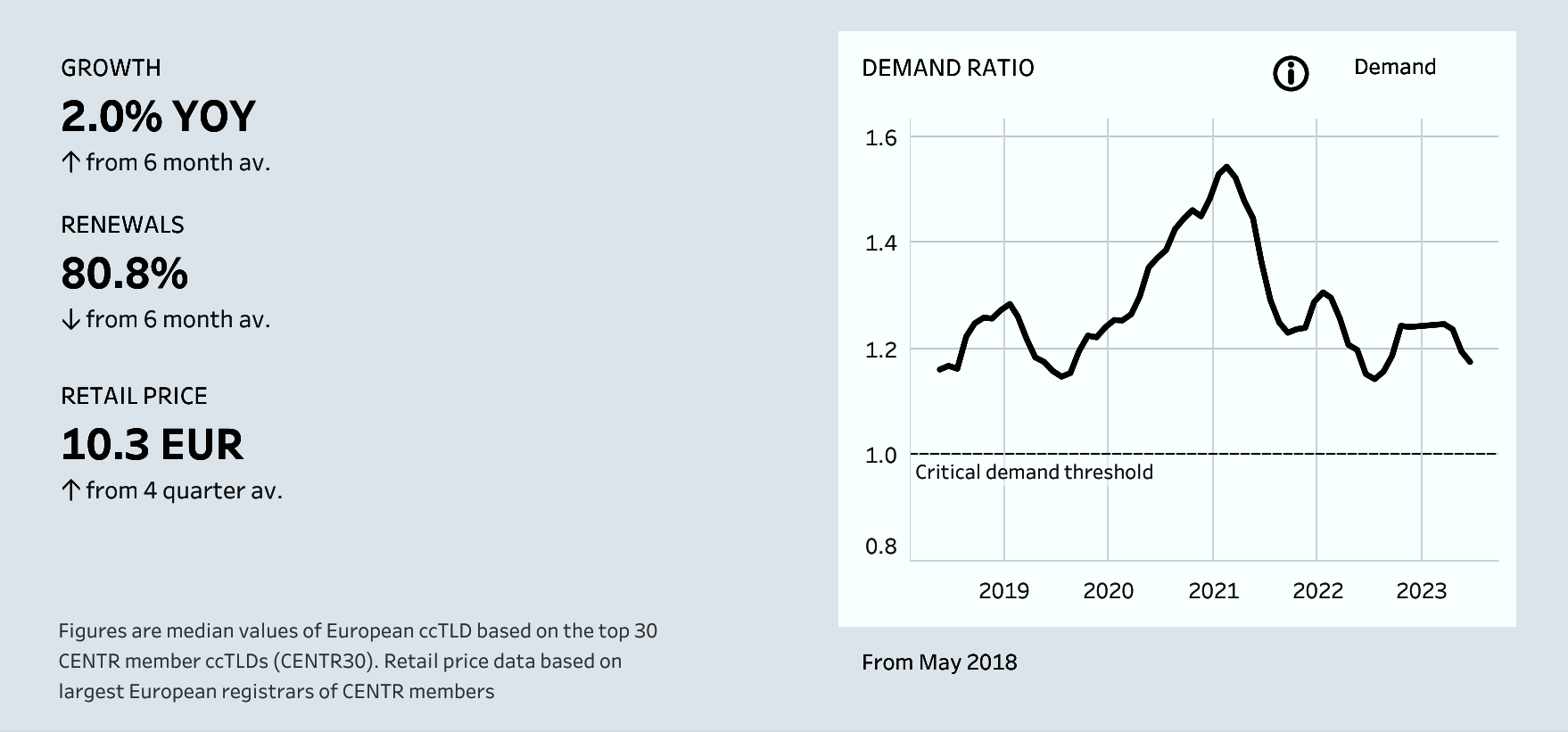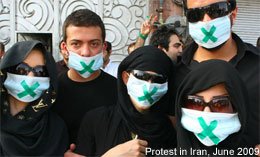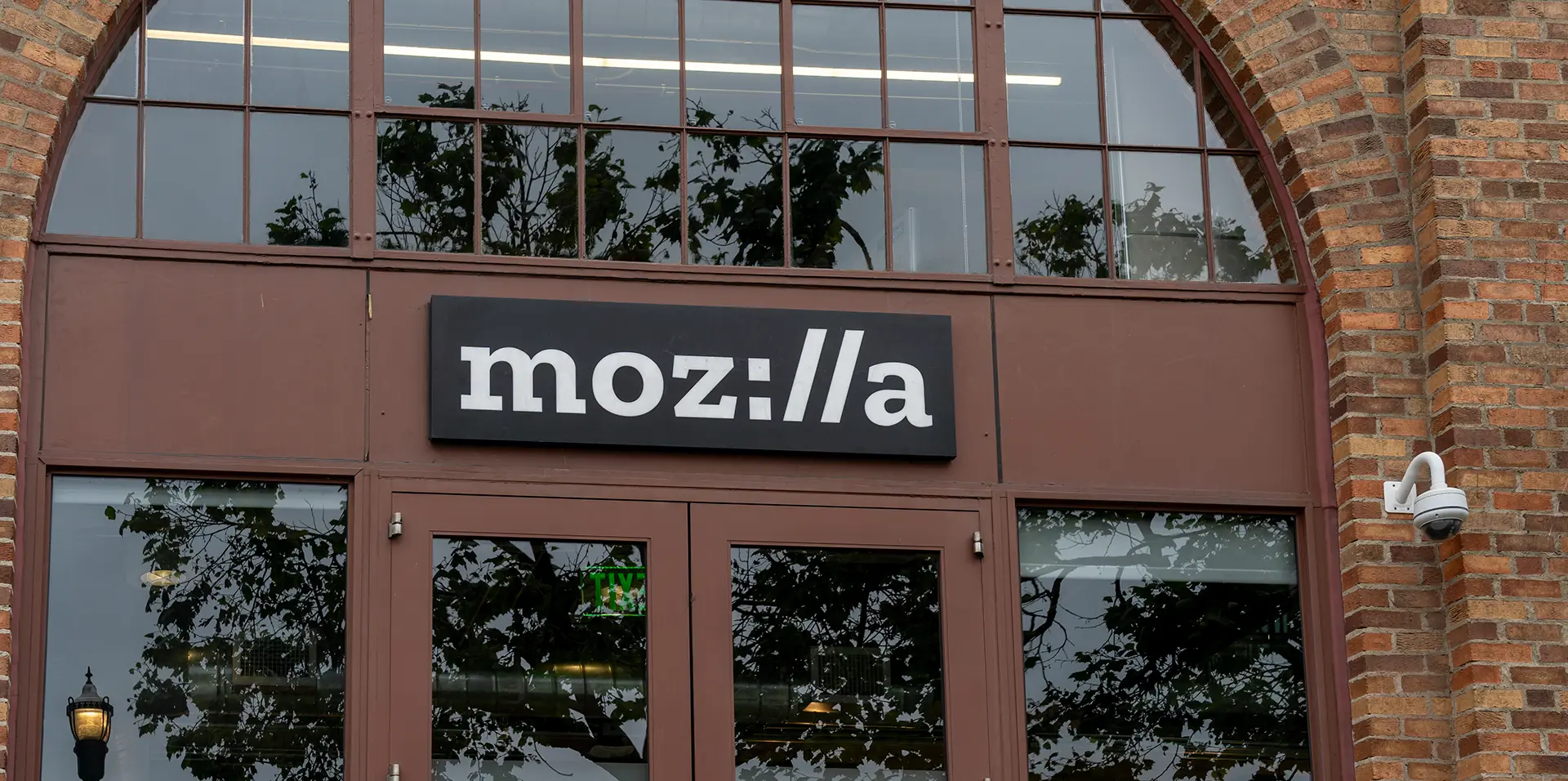

 During its board meeting today in Seoul, South Koria, the ICANN board has approved the Fast Track Process for Internationalized Domain Names which will enable Internet addresses to be completely made up of non-Latin characters -- including Top-Level Domains (TLDs). The process is set to launch next month, November 16, 2009, after which nations and territories can apply for TLDs in their national language to be approved by ICANN. more
During its board meeting today in Seoul, South Koria, the ICANN board has approved the Fast Track Process for Internationalized Domain Names which will enable Internet addresses to be completely made up of non-Latin characters -- including Top-Level Domains (TLDs). The process is set to launch next month, November 16, 2009, after which nations and territories can apply for TLDs in their national language to be approved by ICANN. more
As the European Union presses ahead with its European Democracy Shield (EUDS) to counter foreign disinformation, European country code top-level domain (ccTLD) registries are urging caution. more
 The Canadian Internet Registration Authority (CIRA) is inviting experienced professionals to join its board and help guide the organization. more
The Canadian Internet Registration Authority (CIRA) is inviting experienced professionals to join its board and help guide the organization. more
 Today, Irina Bokova, Director-General of UNESCO has released a statement concerning the linguistic diversity on the Internet stating: "UNESCO's experience and the 2012 study of the use of internationalized domain names undertaken with EURid show that the main challenges are technical. Obstacles lie with Internet browsers that do not consistently support non-ASCII characters, with limited e-mail functionality, and with the lack of support of non-ASCII characters in popular applications, websites and mobile devices." more
Today, Irina Bokova, Director-General of UNESCO has released a statement concerning the linguistic diversity on the Internet stating: "UNESCO's experience and the 2012 study of the use of internationalized domain names undertaken with EURid show that the main challenges are technical. Obstacles lie with Internet browsers that do not consistently support non-ASCII characters, with limited e-mail functionality, and with the lack of support of non-ASCII characters in popular applications, websites and mobile devices." more
Vox Pop Registry, the .sucks TLD operator, broke its silence today and has sent a letter to ICANN and government agencies in response to the extortion accusations."There has been much said lately about Vox Pop Registry, the company bringing dotSucks names to the Internet, not all of it flattering, some of it outright false and defamatory," says John Berard, CEO of Vox Populi. more
New Zealand's .nz operator, InternetNZ, on Wednesday disclosed a vulnerability against authoritative DNS servers. The vulnerability called TsuNAME was first detected in February 2020 in the .nz registry and found that it could be exploited to carry out Denial-of-Service (DoS) attacks across the world. more
 Eric Schmidt, CEO of Google, was interviewed at Gartner Symposium on the future of the Web and enterprise computing. Eric said to about 5000 CIOs attending the event, that Chinese will soon be a dominant language on the net and broadband connections will be so fast that various forms of media -- such as radio and TV -- will be blurred. more
Eric Schmidt, CEO of Google, was interviewed at Gartner Symposium on the future of the Web and enterprise computing. Eric said to about 5000 CIOs attending the event, that Chinese will soon be a dominant language on the net and broadband connections will be so fast that various forms of media -- such as radio and TV -- will be blurred. more
 CENTR, the association which represents European country code top-level domain name registries (ccTLDs), such as .de for Germany or .no for Norway, has published the latest edition of its quarterly CENTRstats TLD Market Report, covering the global status and registration trends in all top-level domains (legacy gTLDs, new gTLDs and ccTLDs), with a specific focus on the European ccTLD market. more
CENTR, the association which represents European country code top-level domain name registries (ccTLDs), such as .de for Germany or .no for Norway, has published the latest edition of its quarterly CENTRstats TLD Market Report, covering the global status and registration trends in all top-level domains (legacy gTLDs, new gTLDs and ccTLDs), with a specific focus on the European ccTLD market. more
 The Digital Marketing & gTLD Strategy Congress has made the following announcement for the keynote, speakers, initial sponsors, partners and dates for the inaugural event taking place March 11 & 12, 2013 in New York City. more
The Digital Marketing & gTLD Strategy Congress has made the following announcement for the keynote, speakers, initial sponsors, partners and dates for the inaugural event taking place March 11 & 12, 2013 in New York City. more
A new research on native IPv6 traffic across six large providers in North America and Europe suggest that despite fifteen years of IPv6 standards development, vendor releases and advocacy, only a small fraction of the Internet has adopted IPv6. "The slow rate of IPv6 adoption stems from equal parts of technical/design hurdles, lack of economic incentives and general dearth of IPv6 content." more
According to an announcement on Monday, the Internet Society has agreed to extend its existing financial commitment to the Internet Engineering Task Force (IETF) for an additional term of six years. more
Colonial Pipeline, which accounts for close to half of the United States East Coast's fuel, has shut down its operations due to a cyberattack. The incident, believed to be the largest successful cyberattack on oil infrastructure in the U.S., was disclosed over the weekend. more
Over the past five years, nearly 10 billion records have been lost, stolen or exposed, with an average of five million records compromised every day. more
 Iran's political filtering during the recent 2009 presidential campaign and the role of the Internet in the post-election turmoil has brought a heightened level of attention to the country's Internet filtering system. According to a status report just updated by the OpenNet Initiative, the Internet censorship system in Iran has become one of the most comprehensive and sophisticated in the world. Iran and China are the only countries that aggressively filter the Internet using their own technology. Iran's aggressive filtering measures "have contributed to the implementation of a centralized filtering strategy and a reduced reliance on Western technologies," says OpenNet. more
Iran's political filtering during the recent 2009 presidential campaign and the role of the Internet in the post-election turmoil has brought a heightened level of attention to the country's Internet filtering system. According to a status report just updated by the OpenNet Initiative, the Internet censorship system in Iran has become one of the most comprehensive and sophisticated in the world. Iran and China are the only countries that aggressively filter the Internet using their own technology. Iran's aggressive filtering measures "have contributed to the implementation of a centralized filtering strategy and a reduced reliance on Western technologies," says OpenNet. more
 Mozilla is launching Mozilla Monitor Plus, a premium service priced at $8.99 per month annually, promising to detect and remove users' personal information from over 190 data broker sites. more
Mozilla is launching Mozilla Monitor Plus, a premium service priced at $8.99 per month annually, promising to detect and remove users' personal information from over 190 data broker sites. more
Sponsored byWhoisXML API

Sponsored byRadix

Sponsored byDNIB.com

Sponsored byVerisign

Sponsored byVerisign

Sponsored byIPv4.Global

Sponsored byCSC
